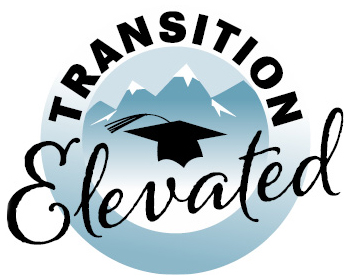Before Transition Planning
Even before transition planning officially begins at age 14, students and families can begin thinking about the future. The earlier you start having conversations about goals, interests, and strengths, the easier it becomes to build a meaningful plan.
Why It Matters to Start Early
What is “pre-transition” and why is it important?
“Pre-transition” refers to the time before formal transition planning begins in your IEP. It’s a time to explore — to learn what you’re good at, what you enjoy, and what kind of adult life you might want to lead. It sets the foundation for everything that comes later.
How can I support my child before transition planning officially starts?
Parents and caregivers can support early by:
- Talking with your child about their interests and goals
- Helping them identify their strengths at school and at home
- Encouraging independence in small ways (choosing clothes, packing a bag, managing simple tasks)
- Exploring career paths or hobbies they find interesting
What You Can Do Now
What should students be doing before age 14?
Students can begin developing the self-awareness and confidence they’ll need for transition planning by:
- Trying new things — clubs, electives, volunteer work
- Noticing what subjects they enjoy and why
- Talking with adults about different jobs and careers
- Asking questions about how things work (like money, jobs, college, etc.)
What kinds of conversations should families have?
Start with open-ended, low-pressure questions like:
- “What do you like doing at school?”
- “What job would be fun to try for a day?”
- “What helps you learn or stay focused?”
- “Is there something you’d like to get better at this year?”
These conversations help students feel safe thinking about their future.
Common Misconceptions
“We’ll figure it out later — we have time.”
Actually, transition planning works best when it starts early. The earlier a student starts identifying their interests, the more time they have to try new things and adjust their path.
“My child has no idea what they want to do, so planning won’t help.”
That’s okay! The planning process includes self-discovery. It’s not about having all the answers — it’s about creating space to explore them over time.
💡 Tip: Keep a simple list of your child’s strengths and interests over time. This will become a valuable tool during IEP and transition planning meetings later on.
